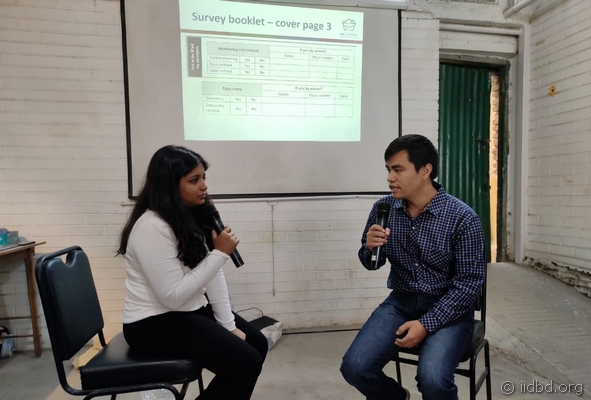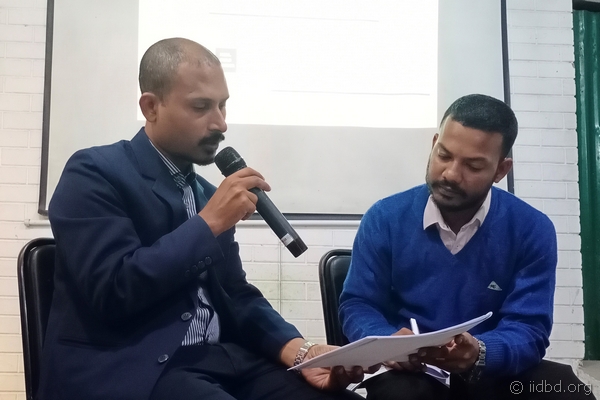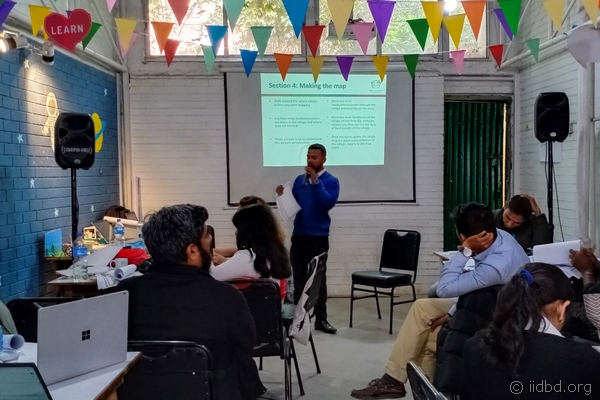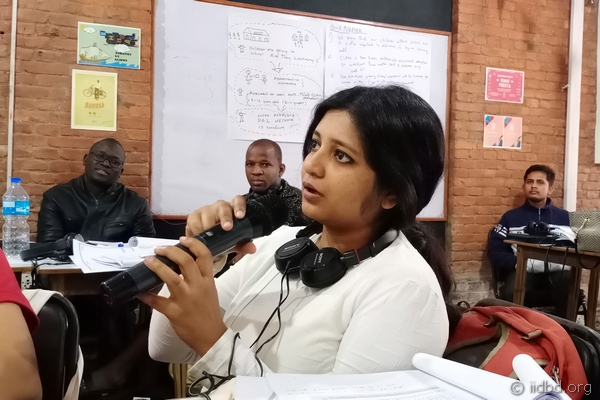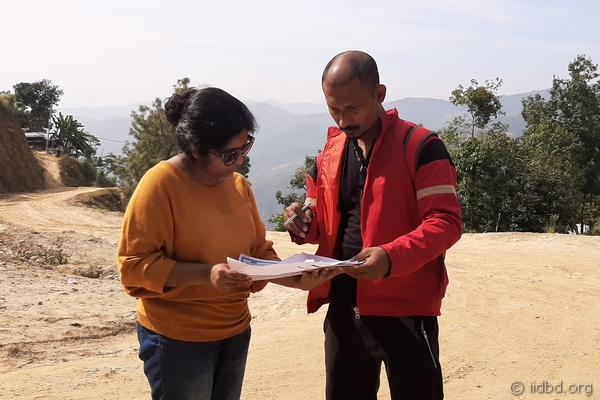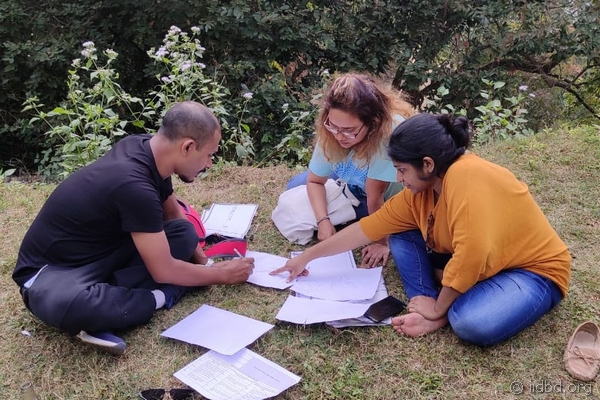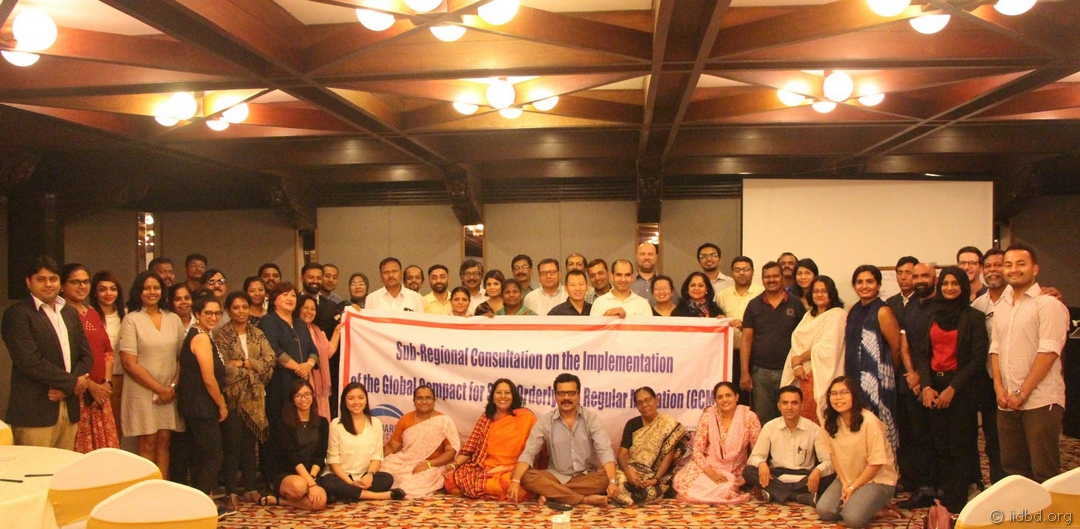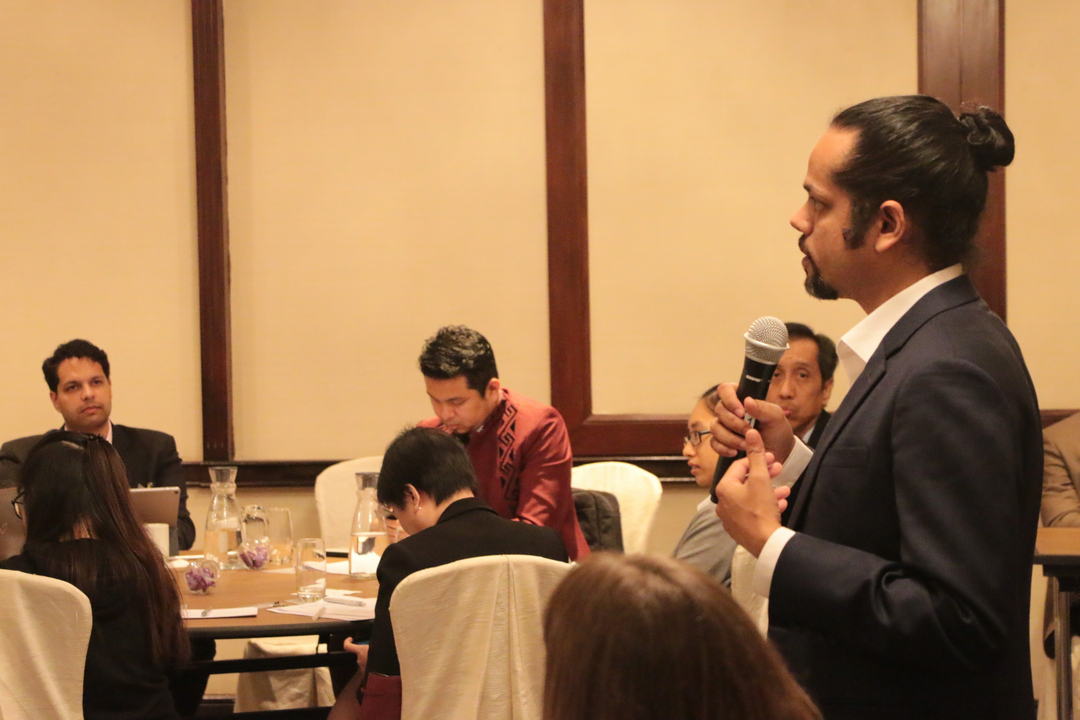SDG Indicator 4.1.1 calls for measurement of minimum proficiency levels of children at the end of primary and at the end of lower secondary. However, the ‘SDG progress report 2018’, mentions that progress in achieving minimum proficiency cannot be assessed for lack of required data.
In this scenario, IIDedu, as the secretariat of ASER Bangladesh, is implementing a nation-wide, household based ‘Citizen-led Assessment of Numeracy (CLAN)’ as a member of PAL (People’s Action for Learning) Network. PAL Network is conducting this common assessment program which is being implemented by 13 member countries. ASER Bangladesh has already conducted pilot-1 & pilot-2 of the assessment and currently preparing for roll out of nation-wide assessment later this year.
As part of that preparation, ASER Bangladesh attended the ‘South Asia and Mali Regional Workshop’ held from 8th to 11th November 2019 organized by PAL Network, in Kathmandu, Nepal. The workshop facilitated hands-on experience in implementing CLAN, which includes discussing final survey materials, field trailing survey instruments, conducting monitoring and recheck, discussing quality control process, finalizing country survey timeline etc.
This particular workshop focused more on implementing mechanism of the survey, which incorporated each and every step that will be required in the country-level roll-out survey. The thorough experience helped to get a better understanding of the survey process as well as find out the areas where countries should focus more while implementing the survey on their own. Gopal Kumar Dey, head of ASER Bangladesh and Falguni Reza, Sr. Research Associate, represented IIDedu at the workshop.
The result of CLAN will contribute in policy shifts at national and international level and focus on finding solutions to help children learn better as well as assist the government in measuring progress of SDG 4.1.

